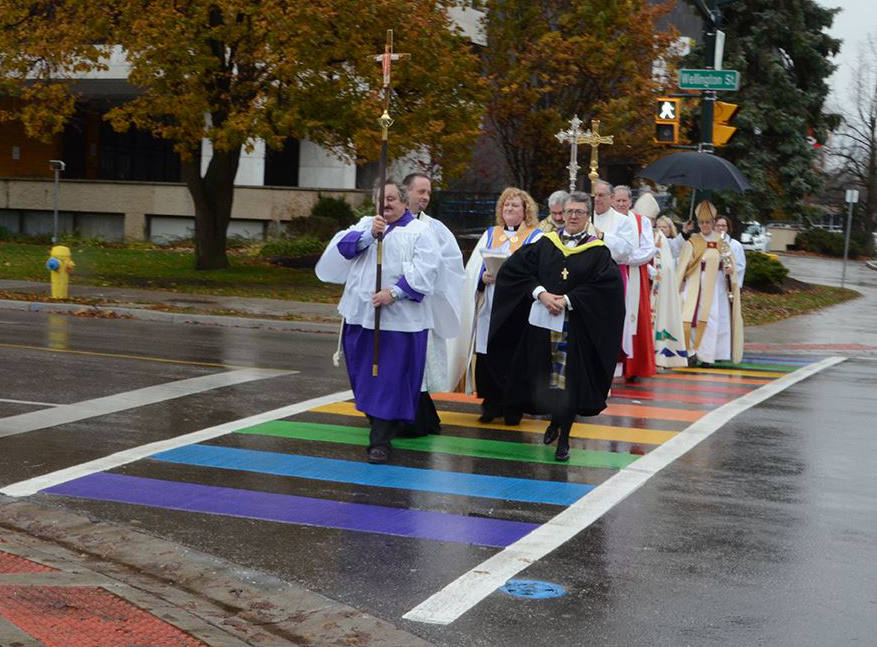But Bishop Linda Nicolls is attempting is to resuscitate it, mainly by doing what she is telling parishes they should not do:
Some churches might look to draw on the principle of reserves and trusts to pay for everyday expenses, even though such a strategy can’t last.
At the same time, she is closing and selling churches on scale that makes Century 21 look like amateurs; all to stave off the financial collapse of the diocese a little longer. Or, at least, until retirement.
Read it all here:
At Synod in May, she will call on each parish church to develop a five-year plan – with measurable benchmarks – for financial stability and building upkeep.
“At the same time,” she says, “we have to be working at discipleship, working on why we are the church, working within churches and on the spiritual needs of the community around us.”
“It’s very daunting” to have to address both tracks simultaneously, she admits, but adds, “We don’t have time to wait; we don’t have time for people to wake up to this.”
These two sides – finances and discipleship – are not disconnected in Bishop Linda’s view.
“When people are passionate about what the church is called to be, they will support it… It’s not just about the money; it’s about being realistic and hopeful. And that’s where the discipleship piece comes in. What is God calling you to do and be in this community?”
Sustainability
Financially, Bishop Linda says, there are four “non-negotiables” for parish churches: having a balanced budget, not using reserves for operating expenses, paying full apportionment, and paying the stipend and housing of clergy.
One thing that no-one in the diocese seems to want to try is a return to Biblical orthodoxy. Instead, we have a familiar attempt to appease the zeitgeist by parading on a gay pride rainbow crosswalk waving crosses and an umbrella. As you can see by the crowds, it generated a lot of interest:


